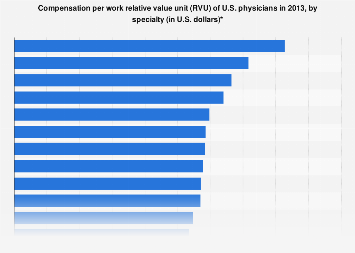- Joined
- Jan 9, 2017
- Messages
- 34
- Reaction score
- 15
I keep hearing that FM is getting gradually phased out of emergency rooms and hospitalist positions. Yet IM is still fine doing either hospitalist or primary care.
Why do FM at all if everyone is phasing them out and IM can do the same job and aren't being phased out of primary care?
Any benefits at all of doing FM over IM?
Conversely, why would someone choose IM over FM if they want to be a hospitalist if FM can also be a hospitalist?
Why do FM at all if everyone is phasing them out and IM can do the same job and aren't being phased out of primary care?
Any benefits at all of doing FM over IM?
Conversely, why would someone choose IM over FM if they want to be a hospitalist if FM can also be a hospitalist?

